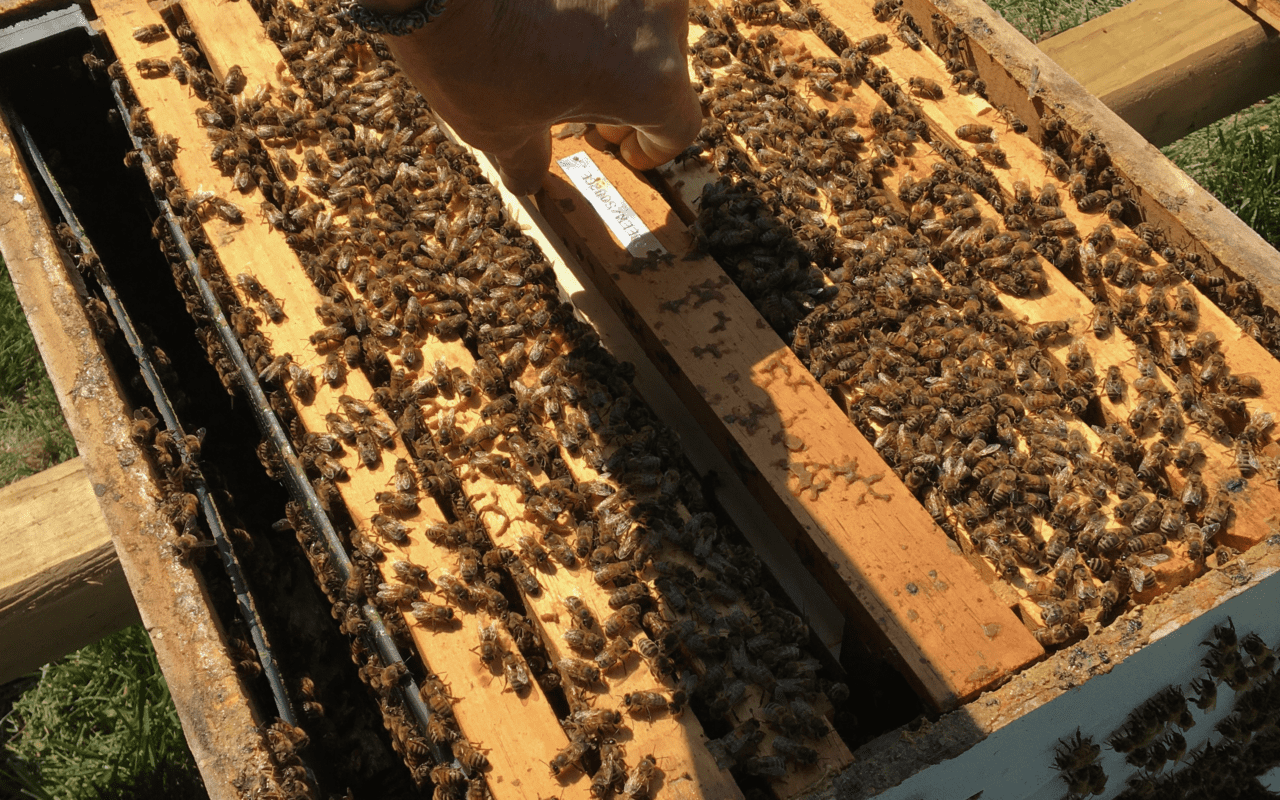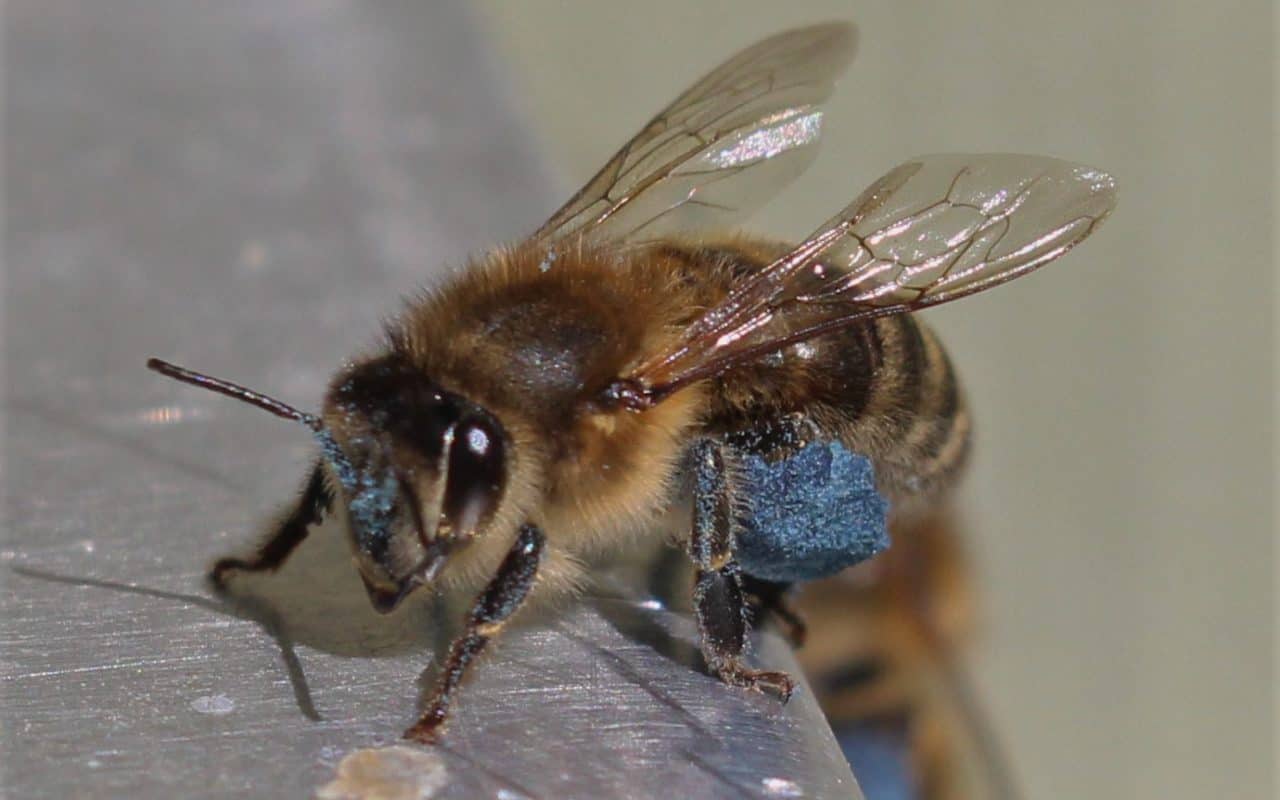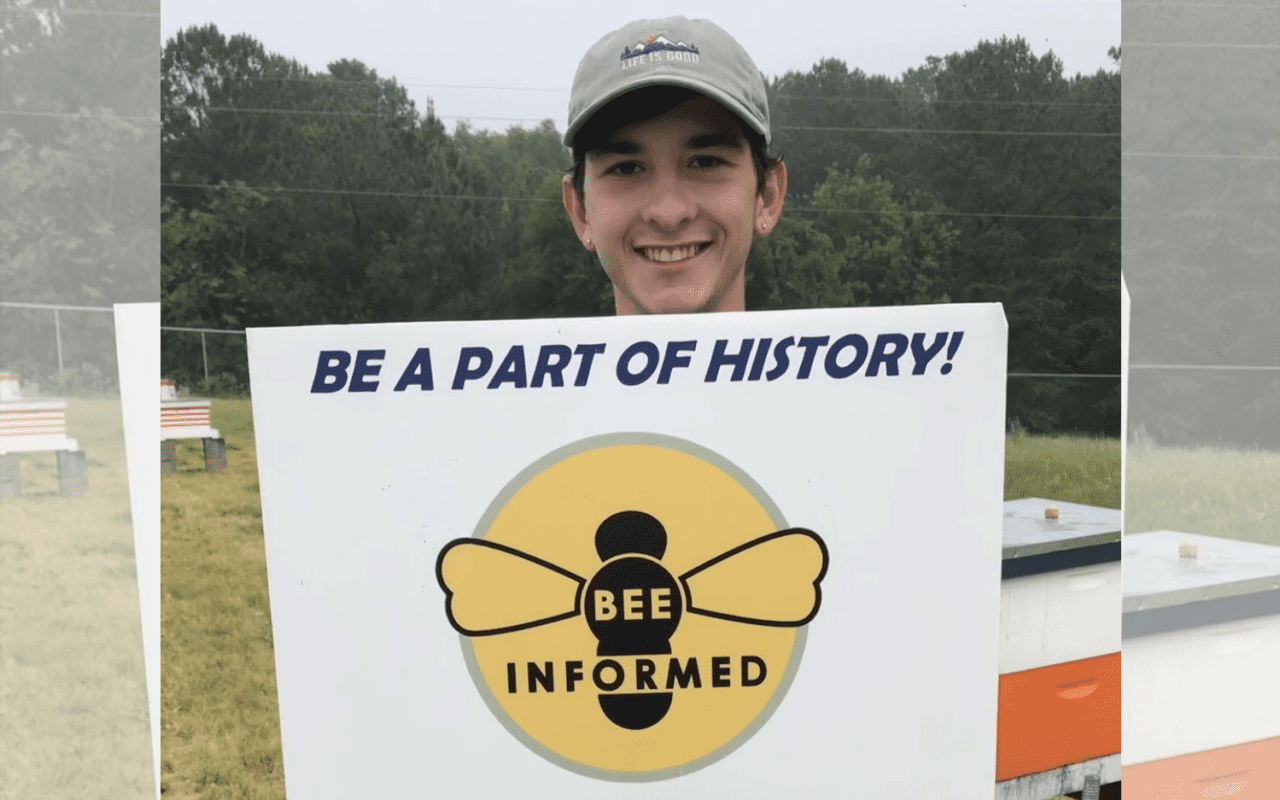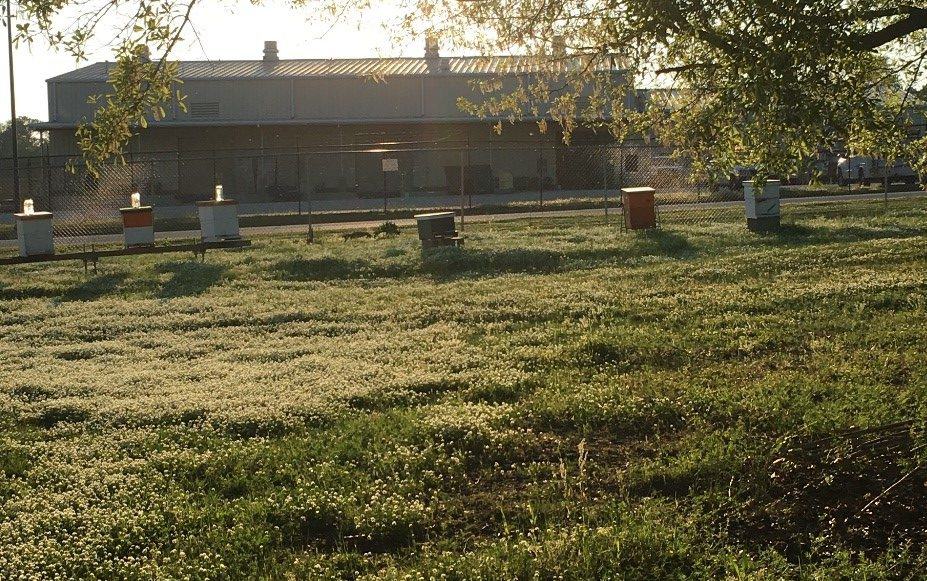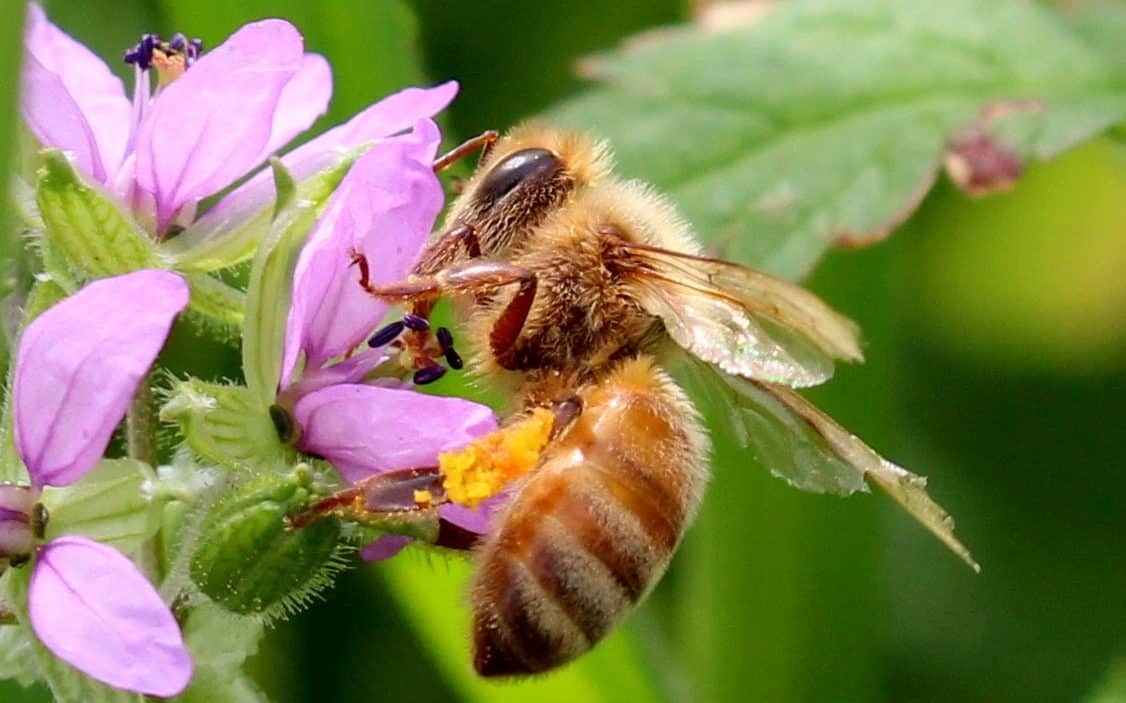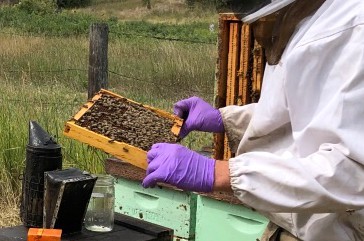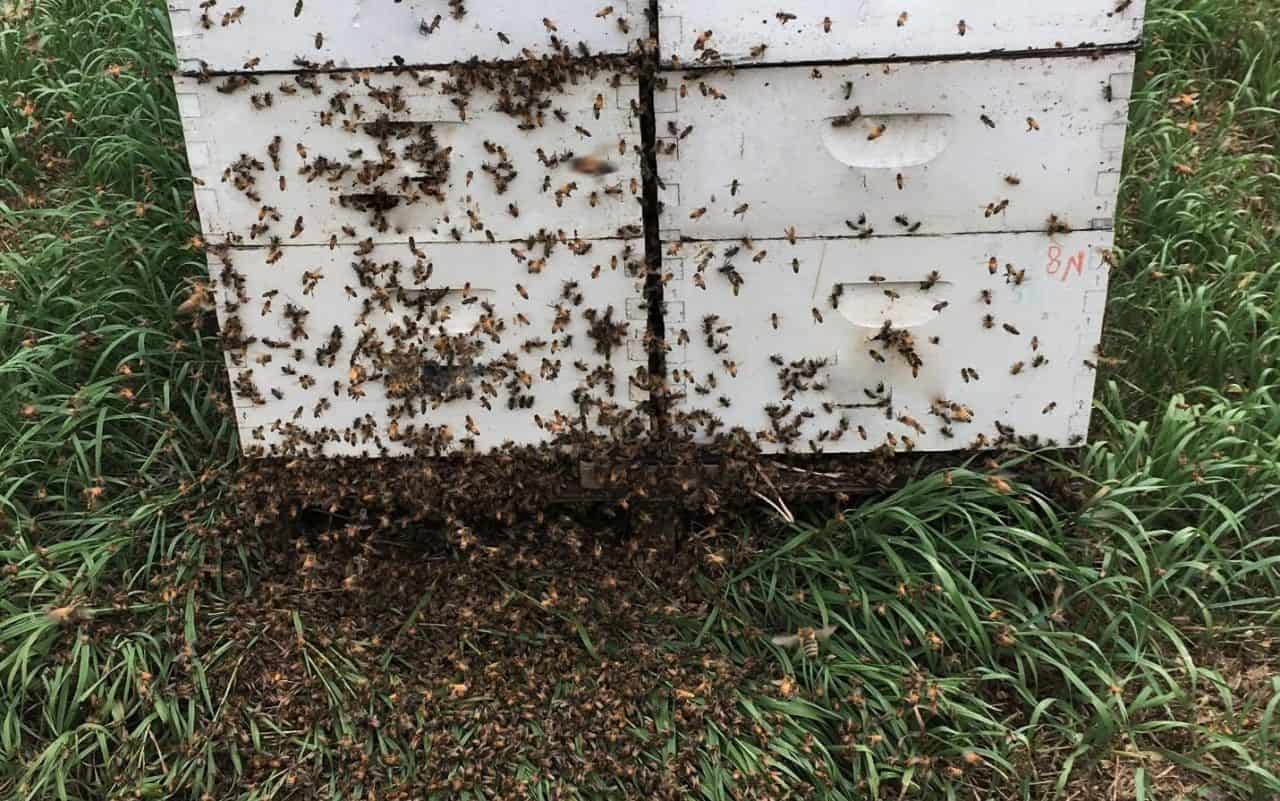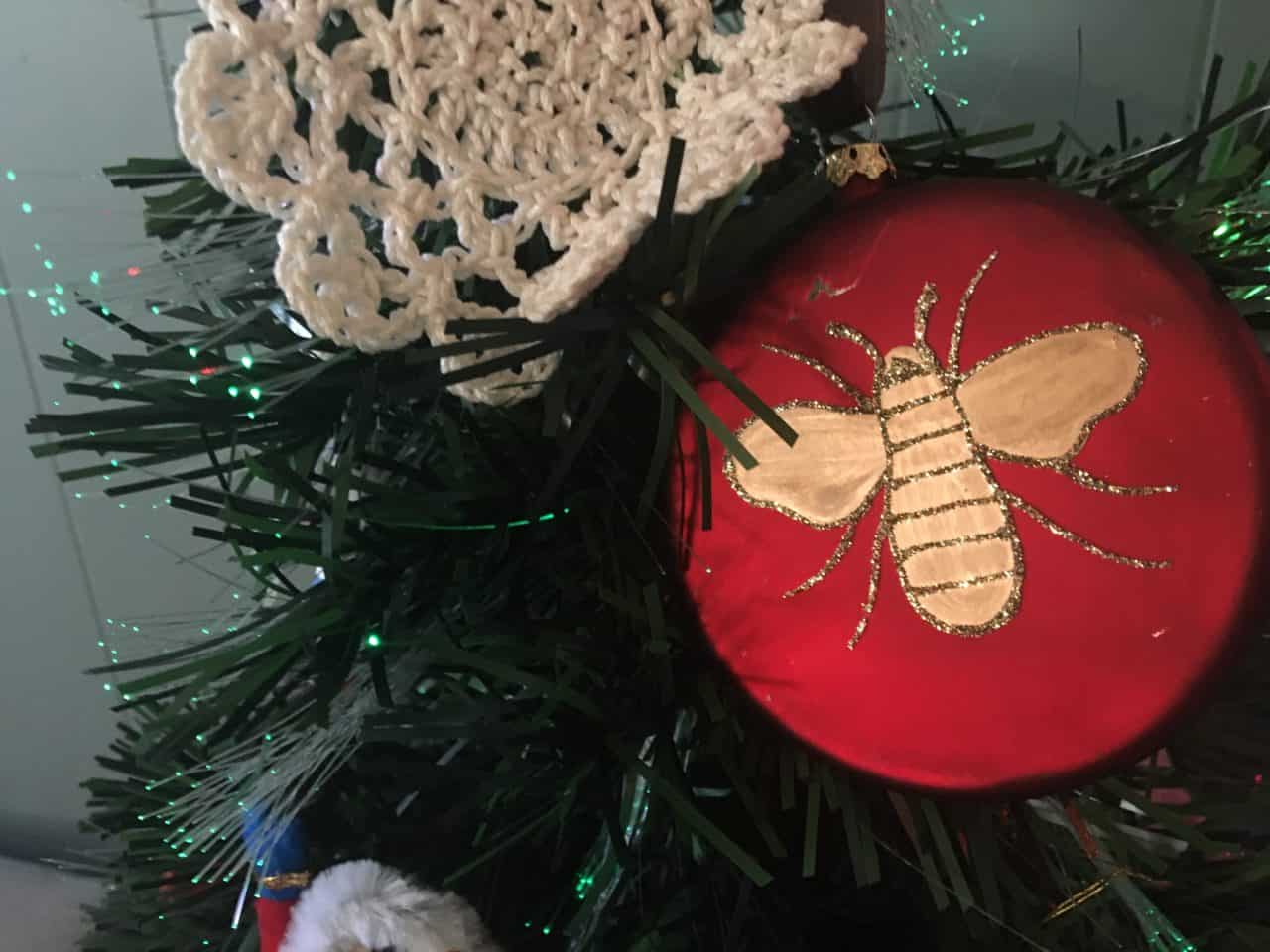Beekeeper’s Stewardship Practices and the Colony Loss Survey
How do beekeeper’s stewardship concepts relate to beekeeper beliefs and practices around Varroa management? That is the question asked by Christopher Thoms et. al. in their 2018 paper titled, “Beekeeper stewardship, colony loss, and Varroa destructor management” linked here. This study was based on data collected from the Bee Informed Partnership Loss and Management Survey, […]
